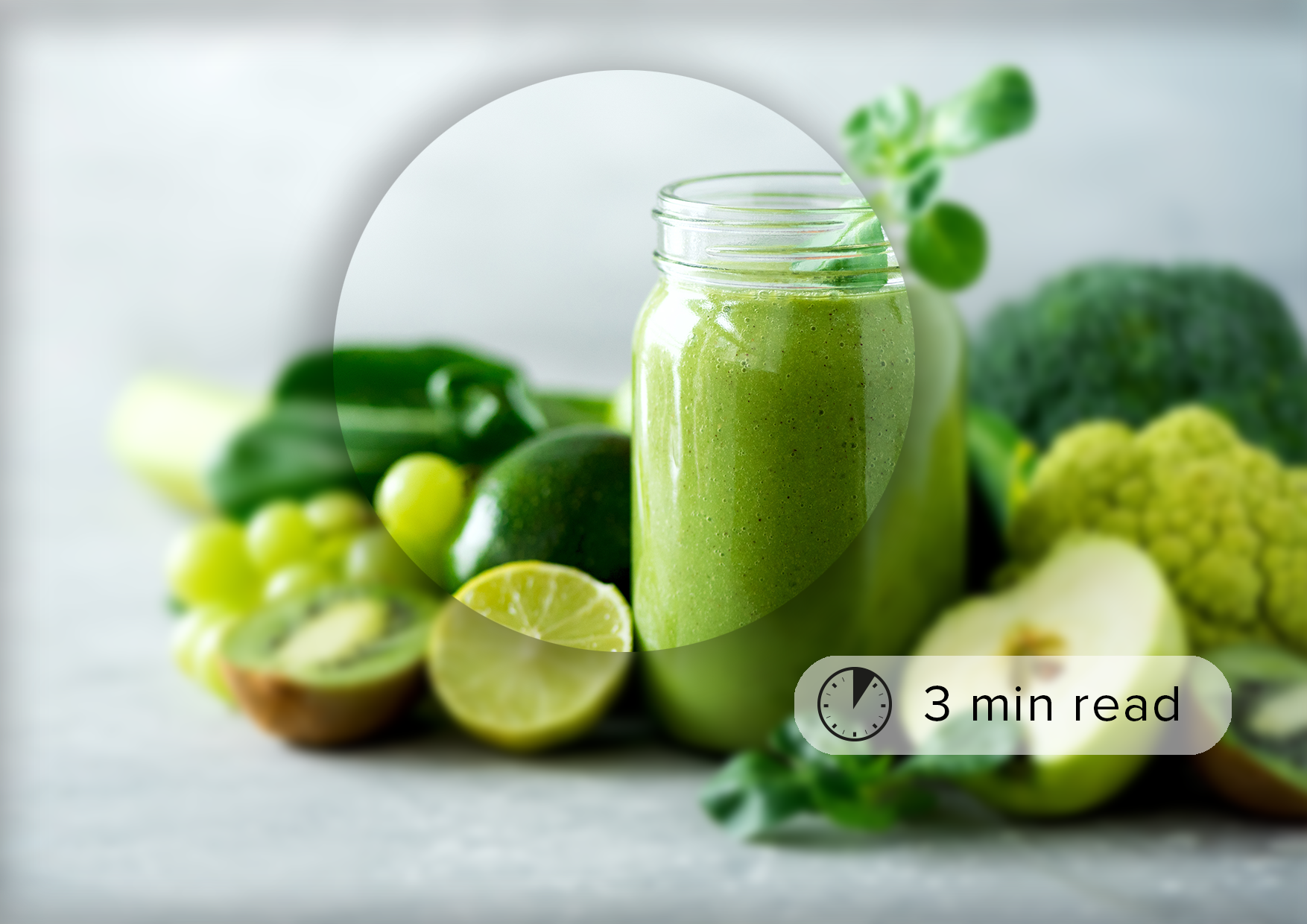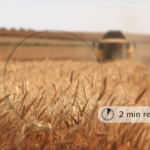Giving ‘organic’ a go
Many of us are still in the dark about what ‘organic’ really means – sometimes persuaded by clever packaging that what we are buying is better for us without actually knowing why. But what does ‘organic’ really mean and is it worth spending more on these products to reap the proposed benefits to our health and the environment?
‘Organic’ refers to the way which food products are grown and processed. Organic crops must be grown without the use of pesticides and fertilisers which are synthetic, petroleum or sewage based. For livestock used for meats, eggs or dairy – they must have access to the outdoors and only be fed organic feed.
What are the benefits?
There are a quite a few suggested benefits of eating organic food, however this is really down to personal preference and there are also some more negative points to consider. Take a look at some of the pros and cons of going organic below:
Pros
- Contains only organic pesticides, if any – insecticides which are widely used in agriculture are not used on organic produce and therefore residue will not remain on your food.
- Usually fresher – as organic food does not contain preservatives to extend the shelf life, it does tend to be fresher, although this isn’t always the case! Choose your supplier wisely – your local farmers market or farm shop is often a good place to start.
- Is more environmentally friendly – farming without pesticides is better for the wildlife and organic farming also helps to reduce soil erosion and pollution, as well as increasing soil fertility.
- Could be healthier – it is believed that organic foods contain more antioxidants and up to 6% more vitamin C, which will help your body to fight off nasty bacteria and keep you free of illness. Grass fed animals also intake increased levels of CLA (conjugated linoleic acid) which can boost cardiovascular protection which is good for your heart health.
- Animal welfare conscious – this is one of the top priorities for organic farmers. Many people believe that the animals on an organic farm live much happier lives as they are not confined to tight spaces and have access to the outdoors and pasture so that they can freely roam about.
Cons
- Generally more expensive – organic food does cost more and this can make it tricky to afford those ‘five a day’! The farmers markets can be reasonable though or you could have a go at growing your own.
- Convenience – as organic foods have a shorter shelf life, it can be a struggle to keep everything fresh and this can mean increased waste and more trips to the shop.
- Can be hard to find – not all stores stock organic and without spending a small fortune, it’s virtually impossible to stock a whole kitchen with organic foods.
- Creepy crawlies – as insecticides are not used on organically grown fruit and veggies, it is more common to find bugs in your food which can be off-putting for some people.
If you’ve weighed it all up and think you’re ready to give organic a go, try and grown your own or visit the farmers market this weekend!












